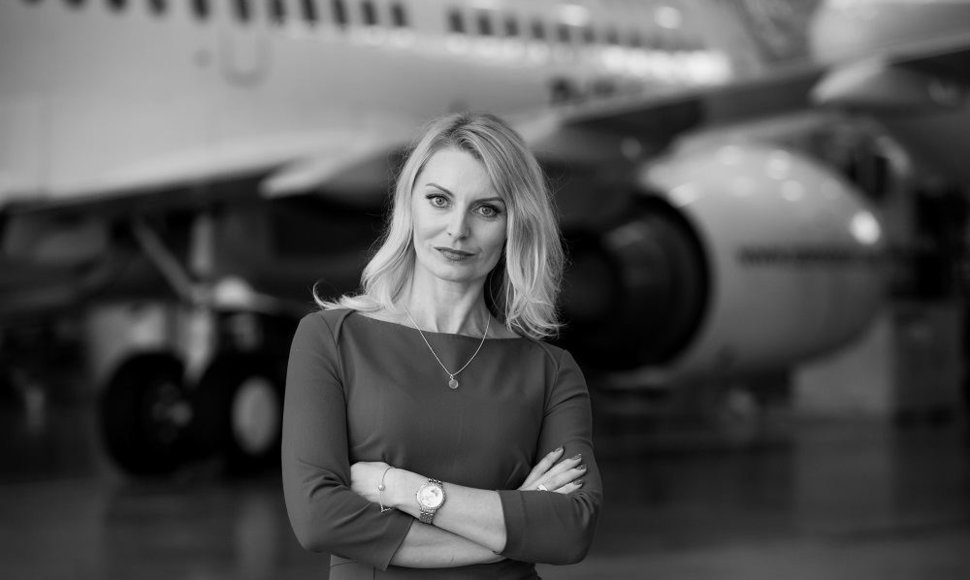A vast number of manufacturing and retail businesses are forced to rapidly adapt and actively seek means to save their stalling supply chains, find alternative routes to move imported and exported goods.
Freight forwarding and supply chain management company Balti Logistika Lithuanian branch head Jūratė Cimanavičienė says that the situation in the transport sector is currently not only tense but also changing very dynamically.
“Countries are closing off their borders, the number of transit corridors is decreasing, standardised schedules and pricing no longer apply – the situation is changing almost every single day. We recommend to businesses, which wish not to cease goods movement and seeking alternatives to cancelled solutions, to consult logistics specialists in every case, where the specialists are constantly carefully monitoring the situation and maintain contact with all transport sector participants,” J. Cimanavičienė says.
Offering more combined solutions
What should businesses be aware of, and what should those unable to delay freight do?
According to the specialist, several airlines have recently offered hope that their cargo aircraft will continue making flights. However, the large part of flights to Lithuania are done by passenger aircraft, whose flights are currently being restricted. Thus air freight flows are being diverted to larger European airports, which service more freight aircraft and from there continue by land-based transport.
“Finnair has cancelled around 90% of its flights globally, AirBaltic and LOT are also cancelling flights from Lithuania – we are observing a significantly declining number of flights. However, Turkish Airlines are offering hope because their cargo aircraft will continue flying, though service prices rise and waiting times are extended up to approximately two weeks. Now freight is flown out as soon as space is found for it and not based on a strict schedule,” J. Cimanavičienė reveals.
According to her, logistics specialists currently seeking paths for cargo are presently more often combining air delivery with road transportation, given that international freight shipping is still not barred by quarantine. In essence, international travel was not put in place for them on Tuesday.
“As such, most air freight is diverted to, for example, Frankfurt or Amsterdam and from there continues its journey by road transportation. The only limitations on transporters are at border zones, where large queues have formed due to inspections,” J. Cimanavičienė says.
Optimal approach – water
According to the specialist, currently, the best solution for intercontinental freight is shipping. This rule also applies in Lithuania – Klaipėda Port is operating at its usual rhythm, ships are not being stopped, their schedules remain in place, and there are sufficient equipment and containers.
“There is something of a sense of there being insufficient numbers of ships in Europe and America because due to the virus outbreak, many of them had gotten stuck in China. However, the situation is stabilising already. Thus, considering freight backlogs and uncertainty at airports, maritime transportation currently holds marked advantages,” J. Cimanavičienė notes.
She points out that for especially urgent cargo, businesses should choose direct charter flights offered by air freight companies.
“For example, charter flights can be chosen to New York, Chicago or Toronto. There are overall fewer difficulties in sending small shipments because courier companies offering rapid shipments are continuing international flights, albeit warning ahead of time regarding potential delays,” the specialist states.












